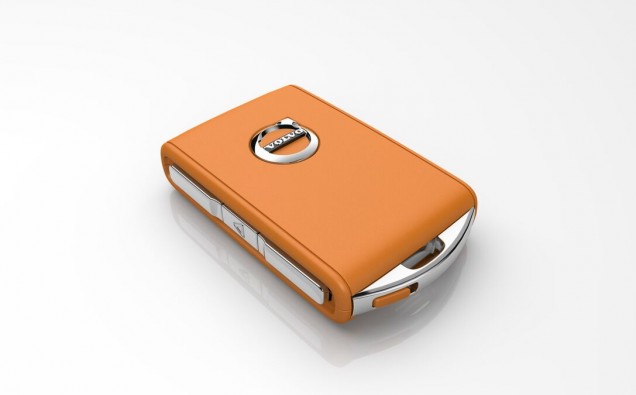Volvo Cars reveal the Care Key, allowing any Volvo buyer to set a speed limit for themselves, their family members or friends. The Care Key will come as standard on all Volvo cars from model year 2021.
The Care Key allows Volvo drivers to set limitations on the car’s top speed, before lending their car to other family members or to younger and inexperienced drivers such as teenagers who have only just received their driver’s licence.
The launch of the Care Key follows the announcement earlier that Volvo Cars will limit the top speed on all its cars to 180kph (112mph) from 2020, to send a strong message about the dangers of speeding.
Håkan Samuelsson, Volvo Cars’ President and Chief Executive, said that the company wants to start a conversation about whether car makers have the right, or maybe even the obligation, to install technology in cars that changes their owners’ behaviour. Now that such technology is available to use, this question becomes even more critical.
The speed limit and the Care Key are both parts of that initiative and illustrate how car makers can take active responsibility in achieving zero traffic fatalities by supporting safer driver behaviour.
“We believe that a car maker has a responsibility to help improve traffic safety,” said Mr Samuelsson. “Our recently announced speed limit fits that thinking, and the Care Key is another example. Many want to be able to share their car with friends and family but are unsure about how to make sure they are safe on the road. The Care Key provides one good solution and extra peace of mind.”
Beyond the desired safety benefits, features such as a speed limit and the Care Key are also likely to offer Volvo drivers a financial benefit. The company is currently inviting insurance companies in several markets to conversations to provide exclusive, favourable insurance to the Volvo community using these safety features.
Specific deals and terms will depend on local market circumstances, but Volvo Cars expect to announce the first of several agreements with national insurance firms soon.
“If we can encourage and support better behaviour with technology that helps drivers to stay out of trouble, that should logically also have a positive impact on insurance premiums,” said Mr Samuelsson.


















